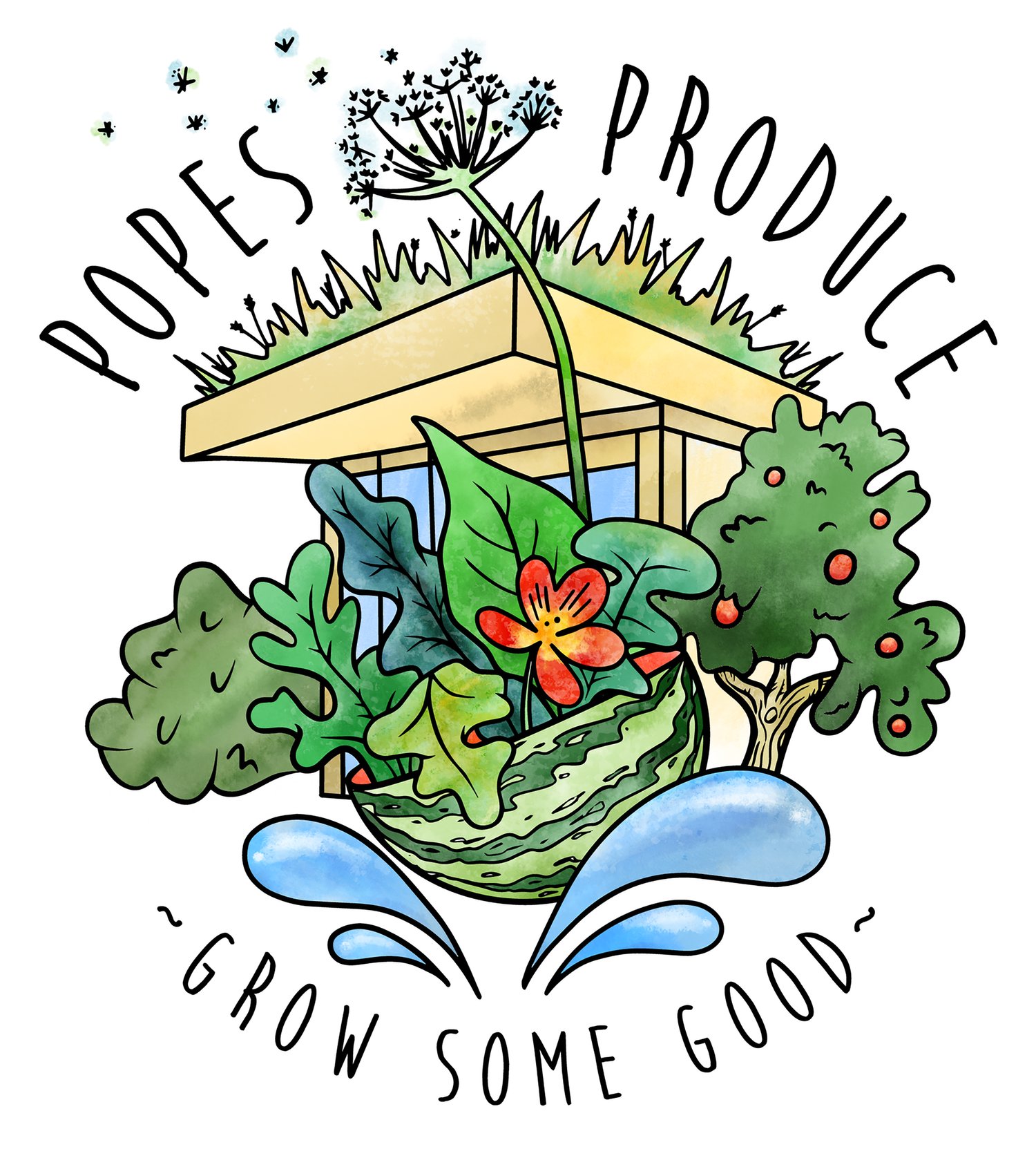Insights from a life long learner
Organic markets in London taken visited on a research trip. Lines were long with very loyal customers for quality produce.
Food and the obtaining of food, is a remarkably complex tapestry. It consists of seasonality, skill sets, transportation, knowledge, culture, time and access to name a few of the elements. In so many situations, produce comes down to commodity trading and politics. It seems that sustainability and honoring localism are more ‘nice to have’ rather than essential.
Food costs are on the rise (along with everything else), so how do we wrestle back some autonomy on this topic?
I believe, like with many things, the first step is to keep it simple. Spend a little longer getting to know your food. Using bread as an example, does the ingredient list consist of a bank of numbers or a list of real ingredients?
Is it something you could learn to make or grow? Maybe there’s someone in the neighbourhood you cold trade with? Maybe the community has a crop swap?
I’ve also read of mates batch cooking for each other, so a ‘takeaway night’ is in fact a meal from someone else’s kitchen - hurray!
Then there’s pot luck meals whether it be breakfast lunch or dinner, where a couple of buddies catch up, bring odds & endsand the parts make a truly inspiring meal - some of my favourites!
Point being, collectively- life is more fun than if we try to do everything ourselves. If you can support, initiate, share something local - please do. It keeps resources and creativity in neighbourhoods we want to thrive.
Fruit trees are a great example of neighbourhood. When they’re on - the yield lasts for months with plenty to share and preserve for later. But - they do need care and time to reap the rewards - absolutely worth the journey.


